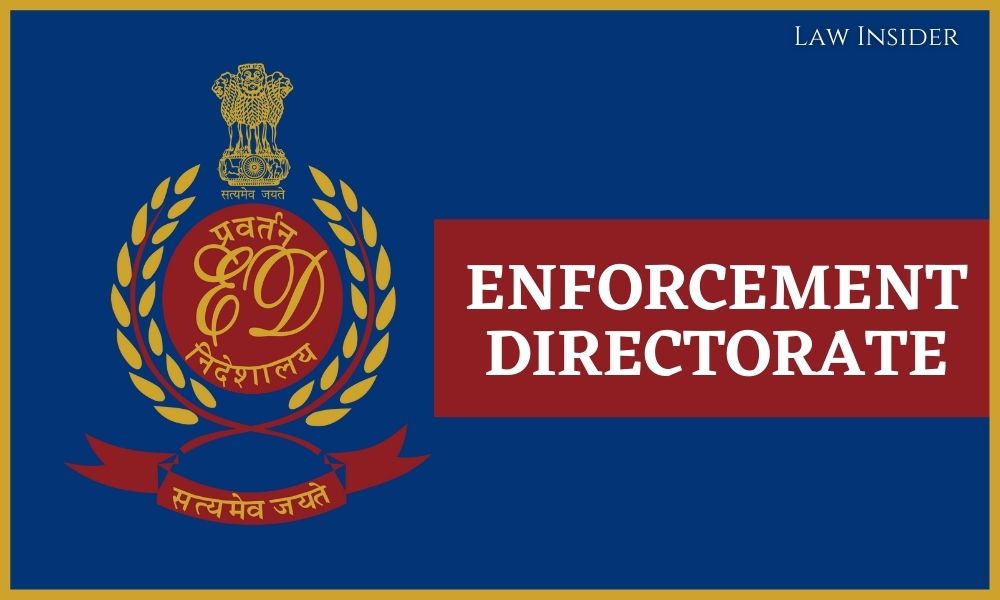LI Network
Published on: December 16, 2023 at 12:34 IST
The Supreme Court clarified that the directive laid out in the Pankaj Bansal v. Union of India case, requiring the Directorate of Enforcement (ED) to furnish written grounds for arrest at the time of arrest, does not apply retroactively.
The bench, comprising Justices Bela M Trivedi and Satish Chandra Sharma, asserted that the non-disclosure of arrest grounds until the Pankaj Bansal judgment (October 3, 2023) cannot be deemed illegal.
The court emphasized that, according to Section 19 of the Prevention of Money Laundering Act, the accused should be orally informed about the grounds of arrest at the time of arrest, with a written communication to be provided within 24 hours.
The judgment stated that the expression “as soon as may be” in Section 19 should be interpreted as “as early as possible without avoidable delay” or within a “reasonably convenient” or “requisite” period, and 24 hours was deemed appropriate.
The court referred to the Vijay Madanlal Chaudhary v. Union of India case, a 3-judge bench judgment analyzing Section 19, holding that it complies with Article 21 of the Constitution.
The court stated that the observations of benches with lesser strength on Section 19 are not binding, and the Vijay Madanlal judgment remains applicable.
Moreover, the bench rejected the argument that the Pankaj Bansal judgment should have retrospective effect.
It highlighted that the use of the term “henceforth” in the Pankaj Bansal judgment indicated that the requirement to furnish written grounds of arrest became mandatory only from the date of the judgment.
Consequently, the court concluded that the failure to provide written grounds of arrest until the Pankaj Bansal judgment did not constitute an illegal act.
It is noteworthy that High Courts have varied opinions on this matter, with the Punjab & Haryana High Court considering Pankaj Bansal as retrospective, while the Bombay High Court holds a contrary view.
The Supreme Court’s decision came in response to an appeal by Supertech Chairman Ram Kishor Arora challenging the Delhi High Court’s affirmation of his arrest by the Enforcement Directorate in a money laundering case. The court upheld the Delhi High Court’s order, dismissing the plea and asserting that there was no illegality in Arora’s arrest.
Case Title: Ram Kishor Arora v. Directorate of Enforcement

